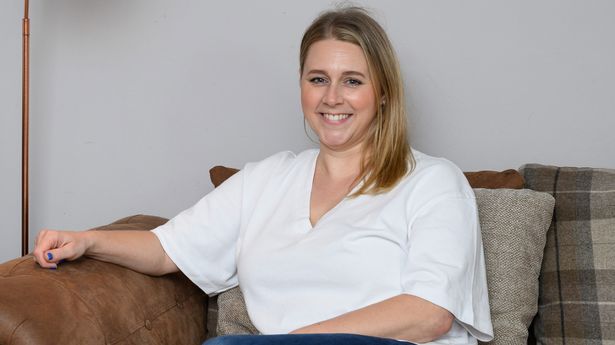A single mum who makes up to £1,200 a year from selling unwanted items on eBay has revealed her top tips.
Kate Propert, 39, who works as a surgical care practitioner in Bristol, started using eBay in 2015 and sells everything from designer fashion pieces that she no longer wears, to homeware, garden tools and children’s games. Not only has selling her belongings helped Kate boost her bank balance by £100 a month, it also means she has extra space in her home.
Like many sellers, Kate is also now benefiting from eBay removing selling fees for private sellers, except for motors. She now plans on listing higher ticket items such as jewellery to increase her extra earnings even further. Kate said: “Since eBay’s free selling announcement, I’ve been sorting through every room in my house to see what I can list and sell.
“I love using eBay to list bulky items, like my old dining table, and thanks to the new option of local pick-up, it’s even easier and safer to sell bigger items. As a single mum, selling on eBay is such an easy way to make a bit of extra money, while also helping me free up space around the house by clearing out things that my children have outgrown.“
Kate explained how the best-selling item she has flogged on eBay is an opal ring for £180, followed by an unused professional make-up kit for £135. Her most unexpected profit came from selling a bulk of old hair pins for £5. Kate has also revealed her top tips for selling, which include listing your item accurately using relevant keywords, as this will increase the chances of buyers finding your items, communicating clearly and responsively with the buyers, and selecting "Use AI description" for a helping hand when writing descriptions for your listings.
You can earn £1,000 in additional income each tax year alongside your regular job - this is known as your Trading Allowance. If you make more than this, then you may need to pay tax by completing a self-assessment form and reporting your extra income to HMRC. Those who are will likely be expected to pay tax are those who are considered to be “trading”.
For example, this could be if you’re buying goods with the intention of selling them on to make profit. HMRC says you will “unlikely” need to pay tax if you are just selling some unwanted items from your home. You can check the HMRC website for guidance on paying tax on extra income.
